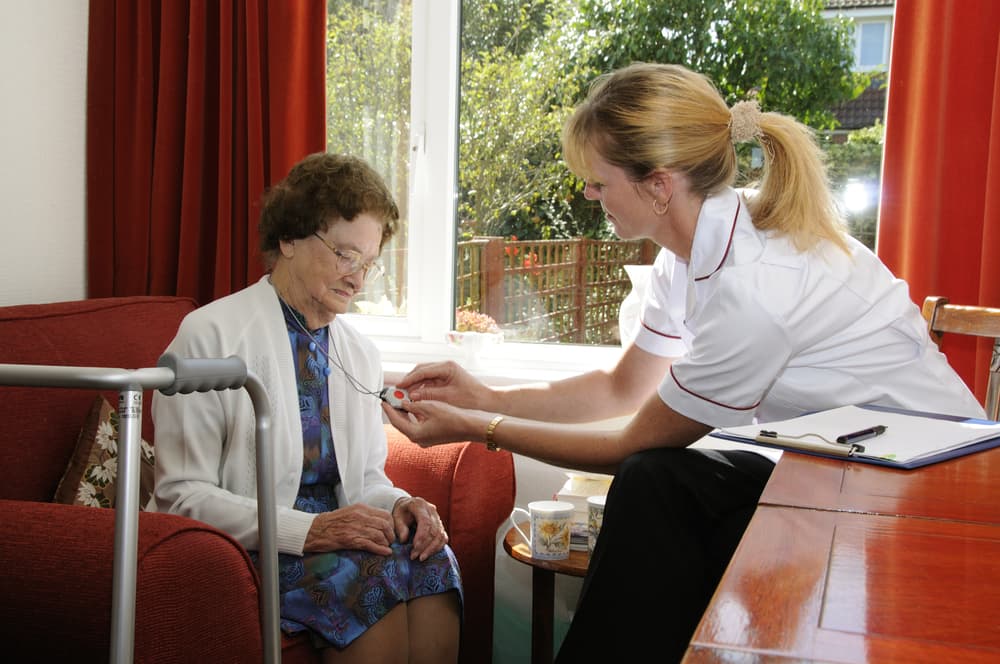
Seniors are Living Longer Than Ever Before – Now What?
Today’s seniors are living longer for the first time in history. People of low, medium and high incomes are now likely to live 60 years and beyond. Living longer, however, doesn’t guarantee the quality of life or autonomy. In 2002, the United Nations drew attention to the importance of ensuring that citizens participate with full rights and can age with security and dignity.
That being said, different countries around the world will have a myriad of resources and beliefs around how to age healthfully and who should bear the greatest responsibility of their ageing citizens. Some believe governments and family should take responsibility rather than older people themselves. While others (depending on where they live in the world), have a mix of societal and individual opinions on what is best.
Regardless of where seniors live, quality of life and functionality need to improve and coexist alongside of mental and medical related matters. From depression, loneliness and mobility issues to cardiovascular disease and diabetes (which can have life-altering complications such as vision loss and blindness that put seniors at risk due to long wait times to see a specialist), we need to ensure seniors are living happier and healthier lives with emotional, physical and financial support.
Obviously, there is a range of socio-economic factors that determine a particular ageing individual or couple. However, many senior citizens of countries such as Canada can’t access medical care promptly. This makes it extremely challenging to get assistance from support services about how to manage pre-existing conditions or anything new that comes up.
And even if health-related issues are being dealt with swiftly and properly, seniors at any age can face a stroke, pulmonary disease, malignancies, infections, pneumonia, flu and accidents – anytime. Many are just one slip and fall away from an injury or worse – be it inside or outside the home, which can be disastrous and even cause death, especially in winter.
In addition, seniors who live with an ageing or ill spouse often have even greater difficulty managing daily life. From cooking and cleaning to multiple medical appointments and prescriptions, and everything in between. The physical demands required to run a household can quickly turn mundane chores into life-threatening pursuits due to increased risks of slips and falls – especially in cold winter climates where ice and snow make mobility virtually impossible even for more able-bodied and younger individuals.
As a result, we have to be cognizant of the fact the worldwide boomer generation (who are living longer than ever before in our recorded history), are both straining the healthcare system and facing challenging times growing old and often alone. However, most seniors still do want to remain in their own home for as long as possible and avoid long hospital stays or medical care facilities until they can no longer manage independently.
We, as a society, have to help our ageing population remain in their homes until independence can no longer be served. We all want those we care about to live their best possible lives in their retirement years and lessen the psychological, social and economic costs of hospital care. So how can we ensure personal autonomy and freedom for our seniors as long as possible and at reasonable costs?
One effective way to do this is to provide them with a network of support. From family members calling or dropping by to neighbourly check-ins. Or, even with the use of a wearable medical monitoring pendant that is water-resistant and can be worn in the shower or bath around the neck. One that has GPS location services and enables care virtually anywhere.
A device that provides peace of mind to seniors and their loved ones. If and when an emergency arises, a 2-way hands-free voice communicator with multi-sensor smart fall detection will automatically call the response team sending help immediately. Or in a non-emergency situation, it will notify a pre-registered relative or friend who lives nearby to offer assistance. One technological solution with 24/7 help enabling family and care teams to manage health between visits while seniors live longer than ever before in their own homes.







0 Comment